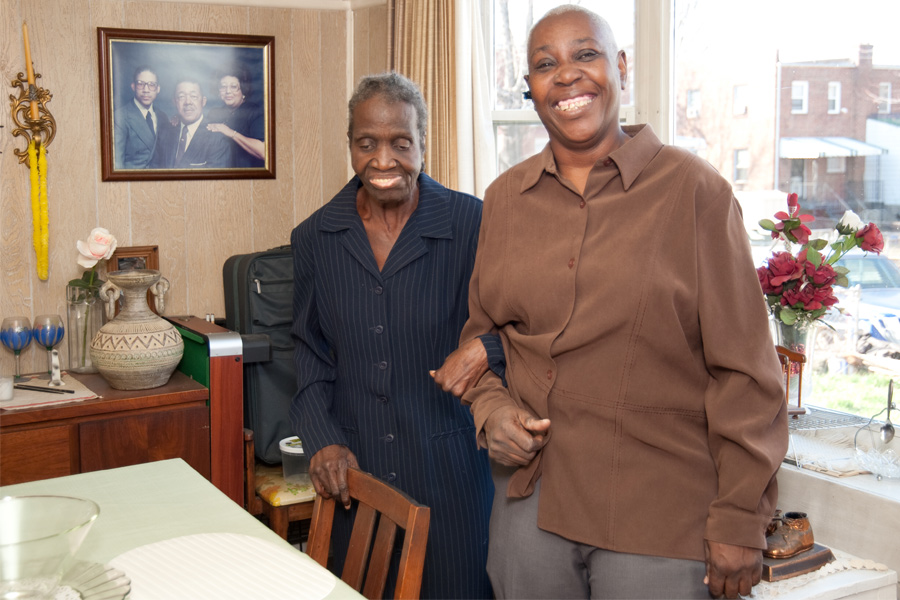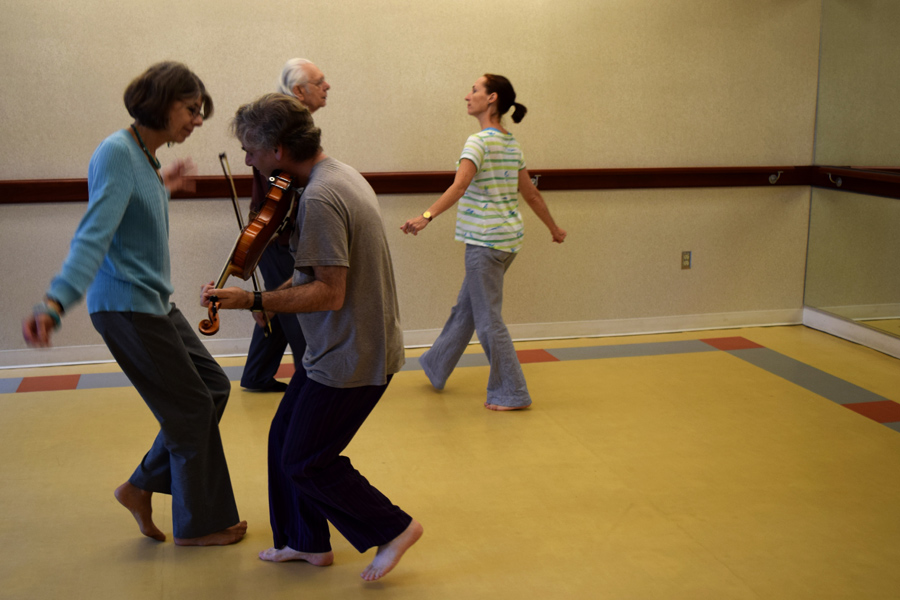October 17, 2019
How to Protect Your Parents from Scams

In the United States, millions of older adults are abused, neglected, or exploited. Unfortunately, elder abuse occurs in every demographic and can happen to anyone—a family member, a friend, a neighbor.
There are many different kinds of abuse. Some include:
- Physical Abuse
- Emotional Abuse
- Sexual Abuse
- Neglect
- Financial Exploitation
- Financial Scams
That’s where neighbors, family members, friends, and other members of the community can step in.
Financial scams targeting older adults have become especially prevalent. In fact, even older adults who are not considered vulnerable, i.e. having a physical, cognitive, or emotional challenge that makes them unable to provide for their basic needs, are at-risk, partly because older adults are most likely to own a home or have other assets a scammer can exploit.
Here are some ways you can protect the older adults in your life from scams:
- Start a conversation, but don’t lecture. Instead, try and start an open-ended conversation with a question. You might ask, ‘Dad, have you heard about the grandparent scam? What would you do?’ AARP shares other tips for talking to your parents about scams.
- Consider replacing the landline with a cellphone. Scam calls are less frequent on cell phones.
- Unlist their phone number and put their addresses on opt-out lists with the Direct Marketing Association. Once done, legitimate vendors won’t send junk mail, and your loved one will know that what arrives is likely from scammers.
- Take notice of the mail coming into the house. Do they get a lot of junk mail or sweepstakes offerings? These could suggest that they are on “sucker lists.” These lists are built and sold among scammers to identify past victims as candidates for future fraud.
- Indirect education. If they’re unwilling to start a conversation or prideful, you might instead offer them printed how-to articles. They will learn about fraud and scams themselves without asking for your help. You might say, ‘I read an article about scams in the New York Times, and it had a lot of information I didn’t know! I thought I would share it with you.’ AARP, National Adult Protective Services Association, and National Council on Aging are all trusted sources and have a number of articles.
To report elder abuse, contact Adult Protective Services. Local contacts are:
- Washington,DC: 202-541-3950.
- Montgomery County, MD: 937-225-4906
- Prince George’s County, MD: 301-909-2000
- Alexandria, VA: 703-746-5778
- Arlington County, VA: 703-228-1700
- Fairfax County, VA: 703-324-7450
Related Articles

A Couple’s Vows Create Opportunities to Age Well
Kirsten Jacobs is no stranger to organizations assisting older people in Washington, DC. For...

Can You Imagine Taking Three Buses to Get to Iona?
Mildred Howard (right) has always worried about older sister Jessie Fulwood, who lost her...

People with Parkinson’s May Find Movement a Challenge, but When They Dance, Their Spirits Soar with Ease
“I have Parkinson’s and sometimes I have dyskinesia (involuntary movement) from the medicine. The...
